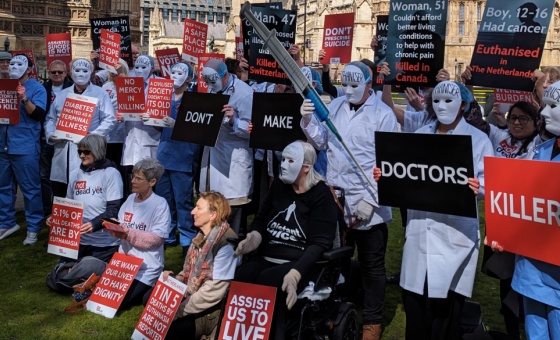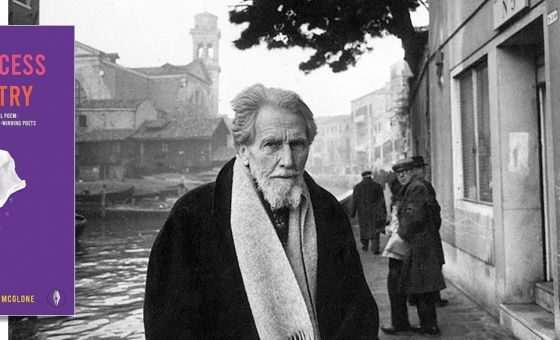This is the last article you can read this month
You can read more article this month
You can read more articles this month
Sorry your limit is up for this month
Reset on:
Please help support the Morning Star by subscribing here
I WAS still at school when I heard the new prime minister, John Major, proclaim his ambition to create a “genuinely classless society.” Some at the time wondered of this was a softening of the Tory position — “at least he’s accepted there is such a thing as society,” they thought.
Much is made of the so-called Thatcher revolution that he inherited, but what came next was something just as pernicious.
A decade earlier, Michael Foot had once compared the actions to at best allow, and at worst positively encourage the collapse of British industry, by Margaret Thatcher and her very own Rasputin, Keith Joseph, to that of a failed conjurer who has smashed an audience member’s watch only to have “forgotten the rest of the trick.”
The rest of the trick might not have been clear then, but it surely must be now.
By the time Major entered No 10, the performance of the FTSE 100 index was relayed to us every night on the television news, on every channel, and the agonisingly slow march we had been on in this country from being called “subjects” to “citizens” was abandoned altogether. Instead, we were “consumers,” mere cattle to be fed whatever leftovers could be found in the farmer’s kitchen.
Major consolidated this shift with his “Citizens’ Charter.” Better public services would not be driven by decent funding or by well-paid, well-trained and well-motivated staff, but instead their yearning to achieve a charter mark.
In fairness to him, it was probably the only tangible piece of job creation he ever engaged in. Soon public services, from hospital trusts, to councils, colleges and universities, would be paying handsomely to enter themselves into any number of organisations whose sole aim was to hand prizes to subscribers. These prizes naturally involve plush awards dinners, where subscribers can buy a table in the hope of nice team picture collecting a bauble from a Z-list celebrity on the stage, and a logo to put on their websites.
Do not misunderstand me, I don’t grudge hard-working members of our essential public services acknowledgement of their efforts, or a moment of escape — of course not — but while the majority of workers may never have that chance or maybe only have it once in their careers, others are far more “lucky.”
I hesitate to pick on an individual in what is an endemic problem, but sometimes certain chancers’ efforts are so extraordinary, they deserve to be top of the class.
Paul Little is special. He must be, because the chief executive and principal of City of Glasgow College is so essential to the delivery of further education, that he is rewarded with a £170,000 in salary, his flights to and from the Six Counties paid each weekend, a personal chef, and a £13,000 membership of a London private members’ club.
It’s tough at the top. He’s got some big decisions to make after all, and I’ve no doubt that he spends the time on board the £27,000 worth of flights around the world — to “promote” the college and international understanding — thinking the big thoughts.
One of those big thoughts is on how to balance the budget. Last year, in an effort save the college from the effects of Scottish government cuts, he proposed making a third of the teaching staff redundant and began the process of forcing workers to effectively face interviews for their own jobs even as the ensuing industrial dispute raged on.
The effects were devasting.
After more than six months of efforts to impose the plan on workers, I have been told that some faced being “bagged” for the crime of exercising their rights to flexible working to accommodate young families and others had been left suicidal.
When the dispute was finally resolved, compulsory redundancies may have been ditched, but many workers had already been driven out.
No matter, the college had won numerous awards at the Worldskills UK National awards, for whom Little serves as an ambassador on his international travels.
However egregious his example may be, Little’s behaviour is not only allowed, but positively encouraged by the consumerism that has long since established itself in education.
I’m sure no principals of universities or colleges have ever had to worry too much about where their next meal or their next holiday is coming from, but their salaries have rocketed since the ’90s, as institutions of learning join the CEO club.
Duties of membership include justifying their exorbitant salaries with phrases like “we must attract the best talent,” or some abject reference to a “competing in a global market.”
The opportunity created by the amalgamation of Scotland’s colleges by the Scottish government a decade was too good an opportunity for the club to miss. Deploying that other stock phrase “turnover,” it was decided that such was the scale of the new the new principals’ responsibility, pay must rocket.
Obviously, the presence of people in those roles who had similar positions in the old world rather tears the “competing in a global market” claim to shreds, not unlike the more gradual changes that occurred in this respect elsewhere in the public sector, but there is something particularly galling about seeing it happen in colleges.
More than any other part of what remains of our public education system, colleges are working class. Many of them were literally brought into being by organised workers who demanded a right to learn, not just to retrain or hone their skills in a trade, but to have a glimpse of a world beyond the next pay packet and dream.
Like millions of others of my class, I saw this in my own family. My mother had been told at school she would amount to nothing, and got out as soon as she could at 15. By the time she was in her mid-twenties, and her two children were at school, she’d been roped into volunteering at a youth club. A trampolining certificate she got through the club and local college changed her life.
As one certificate and led to the next, her confidence grew and a decade later, she had qualified as a nurse — all through her local college.
When I saw the hundreds of thousands of college places axed in Scotland over the last decade because they were not focused enough on “getting a job,” and listened to local SNP politicians mock protestations as defence of “flower-arranging courses,” I remember that trampolining certificate, what it meant and where it led.
Even if the story had not ended with my mother not ending up as a nurse, it mattered, though.
It mattered for the same reason college courses must surely have mattered to generations of our class, and why they have come under relentless attack, either through tens of millions in cuts, or in language itself, denigrated as the poor-relation of universities.
They are not.
Millions go through their doors every year, some to train or retrain, many to get the chances denied them by schooling which systematically disadvantages working people, but they leave with something that can change the world.
In the coming months, as college workers return to picket lines across the country, they’re fighting for more than just a decent wage, or even their jobs.
Back them with every fibre of your being — not just because colleges are a means of retooling or reskilling the economy in need of defence, but because they are centres of working-class confidence to be expanded and to be seized back from the capitalist club.











